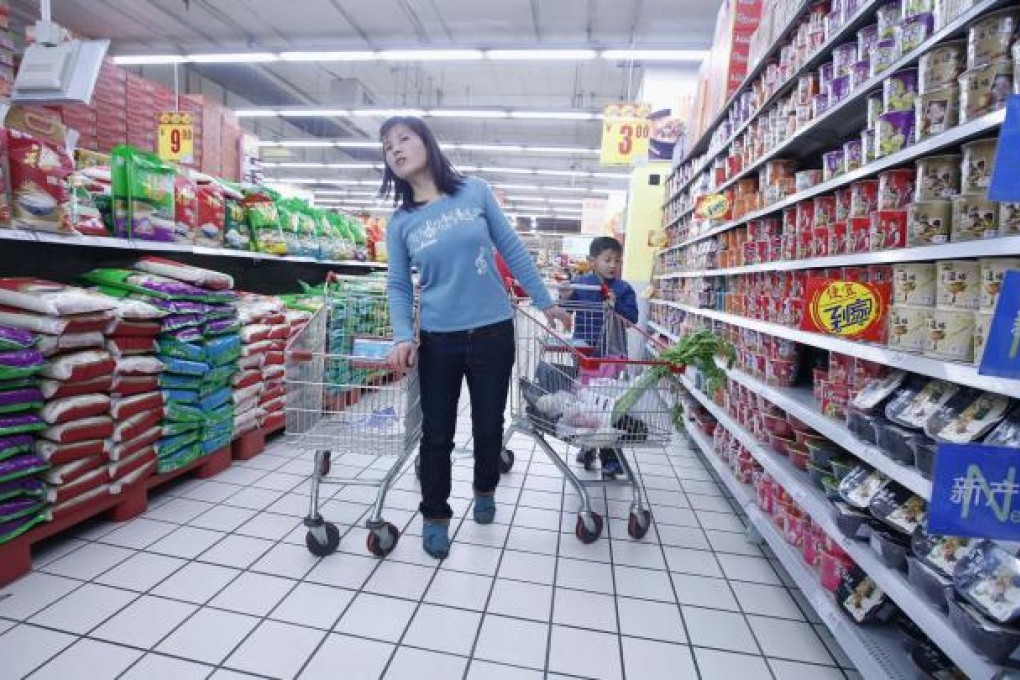China to miss growth mark as big reforms bite
Top academic sees bad debt and overcapacity as barriers to continued economic rebound

Mainland economic growth will fail to meet most predictions as the country braces for bitter but necessary economic reforms, a top mainland academic said yesterday.
"The new government is facing greater challenges. The economic rebound that started in the fourth quarter is now facing a number of constraints," Chinese Academy of Social Sciences professor Yu Yongding said.
Yu was speaking at the launch of the fourth annual plenary conference of the Institute for New Economic Thinking.
The institute is a New York-based think tank and it is the first time the conference is being held in Asia.
Yu said the mainland's gross domestic product would grow at less than 8 per cent this year amid Beijing's tightened monetary policy to dampen inflation and rising home prices.
Most economists expect growth of 8.1 per cent this year, with the exception of Nomura, which has forecast 7.7 per cent.